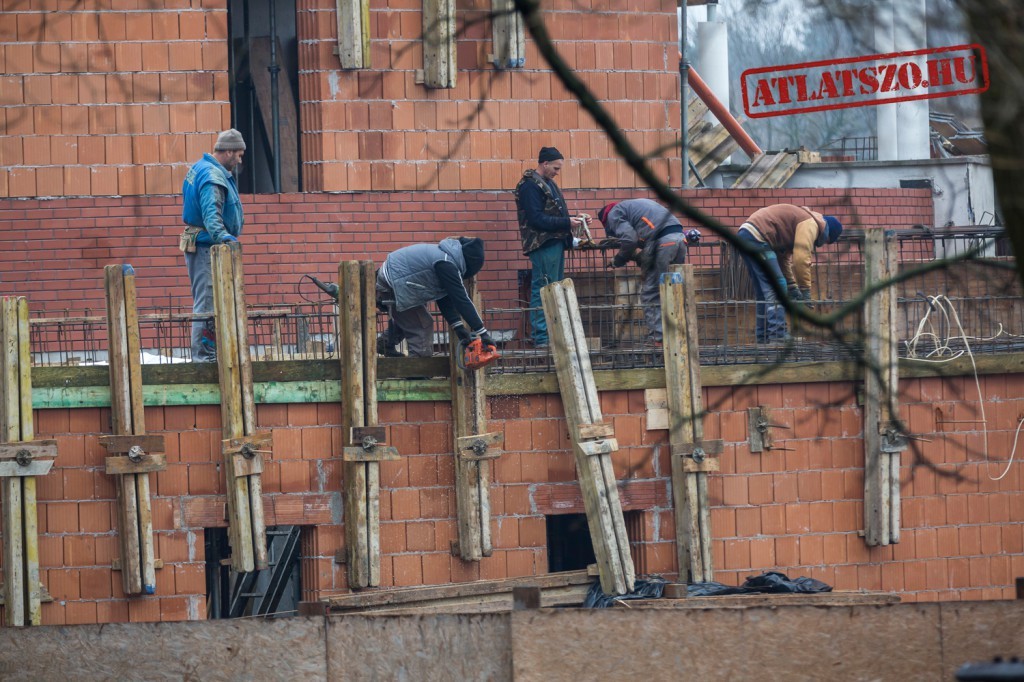The https://english.atlatszo.hu use cookies to track and profile customers such as action tags and pixel tracking on our website to assist our marketing. On our website we use technical, analytical, marketing and preference cookies. These are necessary for our site to work properly and to give us inforamation about how our site is used. See Cookies Policy
Money-siphoning rampant in eastern-Hungarian spa investment
A multi-billion local investment in Nyiregyhaza in eastern Hungary is moving ahead despite multiple issues – including blatant breaches of public trust, building materials and components billed at several times their market value, and implementation of clearly poor quality. The contractors, who sprung from the local municipality’s closest circles, can’t seem to put a foot wrong. There hasn’t been a single instance where the authorities considered looking seriously into what is happening.
The change in political power following the 2010 municipal elections led to a major reshuffle in payouts in eastern Hungary’s Nyireghaza. The seventh largest Hungarian city’s new mayor, Ferenc Kovacs, made certain that friends from his years in business received a good chunk of the funding going into developing the town.

Funds have been plentiful. Since 2010, Nyiregyhaza has received HUF 24 billion (€77.5 million) in European Union development funds, HUF 4.2 billion of which was awarded for two projects, the Agora and the Sosto spa investment. Although Atlatszo.hu uncovered a very intricate network of companies, at the end of the day it can be stated that the main financial beneficiaries are the group of businesses which are part of Kovacs’s entourage.
Atlatszo.hu spent a year and a half exploring mainly the Sosto project. We conducted onsite reports, interviewed those involved, we applied for the disclosure of business documents and went to court when are requests were denied.
The Sosto venture was suspicious from even at design stage. The consortium which won the tender for implementation saw off companies with far bigger headcounts and longer professional histories. The same groups had also been previously selected to implement the Agora projects, meaning they won the contract despite the fact that it was clear they would be stretched thin in terms of manpower, something the municipal government must have been aware of.
When we talked to several workers on the construction site, many of them claimed they were illegally employed, in some cases even by one of the numerous subcontractors which were invited to join the consortium. In many cases the builders had no idea which firm was their direct employer.
The issuance of the various necessary permits similarly ignored all legal regulations. Building works commenced without any hitches, even though the selected consortium was behind in organising the necessary formal documentation. Later, when there were authentication issues which resulted in work on the site being formally interrupted, the workers kept going without any repercussions.
Clearly there was little to fear. The authorities didn’t bother to conduct any investigations into the venture even though it was clearly operating with numerous inconsistencies and suspect bookkeeping. In fact, even the formal process for approving various stages of the construction went through without any hold ups.
Given the supportive backdrop, the implementing companies felt comfortable in raising their prices, and various components and raw materials were added to the tally for several times their market values. We found a number of benches that the city ended up buying for three times their store value, and similarly inflated pricing policies were followed for lamps, doors, and even trash cans.
Based on the rush involved and the forgiving attitude of the authorities, it is also no surprise that many components of the project were poorly implemented at Sosto, similar to previous jobs done by the same companies. As an independent expert told Atlatszo.hu, the city should never have accepted the final result after seeing the poor quality of work that was delivered.

